South African actress Bonnie Mbuli plays Jasmine Hadley in the upcoming BBC series, Noughts + Crosses. In this interview she talks about how she tackled playing such a complex character.
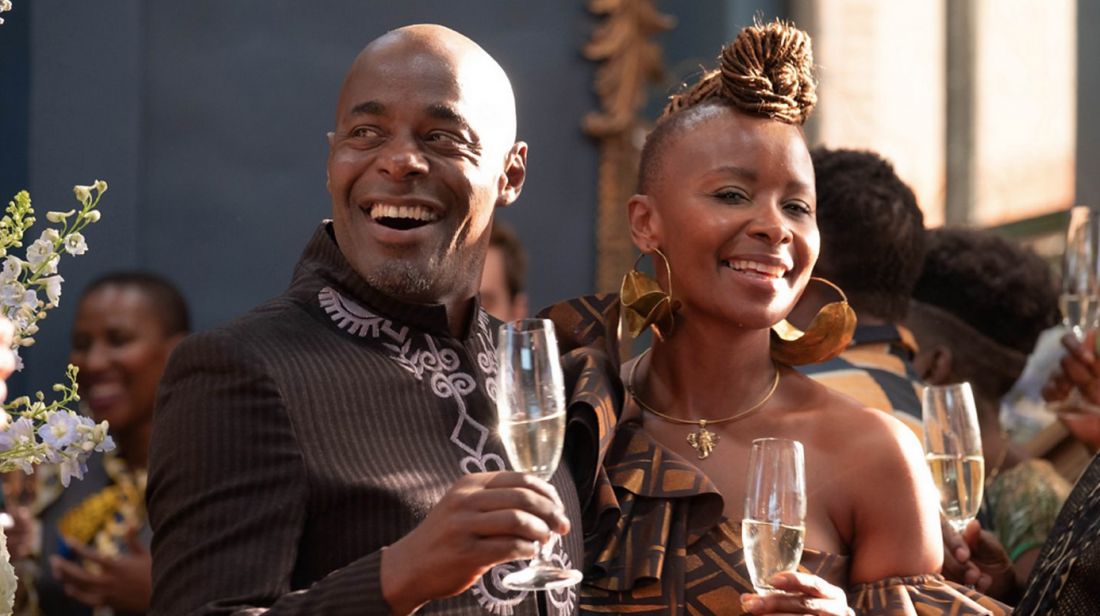
Image credit: BBC
What was your experience of filming Noughts + Crosses?
As a Black African I have never seen a television show like Noughts + Crosses, that showcased our being or our ways, in a way that was given a place and was acceptable, until now. It is quite a feeling to walk onto set and feel seen as a person and feel like your hair and the way you wear it, or the way the people in your world wear their clothes or what they hold dear, is suddenly important and is being given a platform. It is shocking.
Then you realise that you have spent your whole life without it, that you have never switched on a TV and seen that. That too is shocking. I sometimes walked onto set and started weeping. The world that has been created for Noughts + Crosses is a thrilling one. I have never seen a world like this. When you put it in one place and you assemble all of these elements it is overwhelming and rich, with so much heritage and culture.
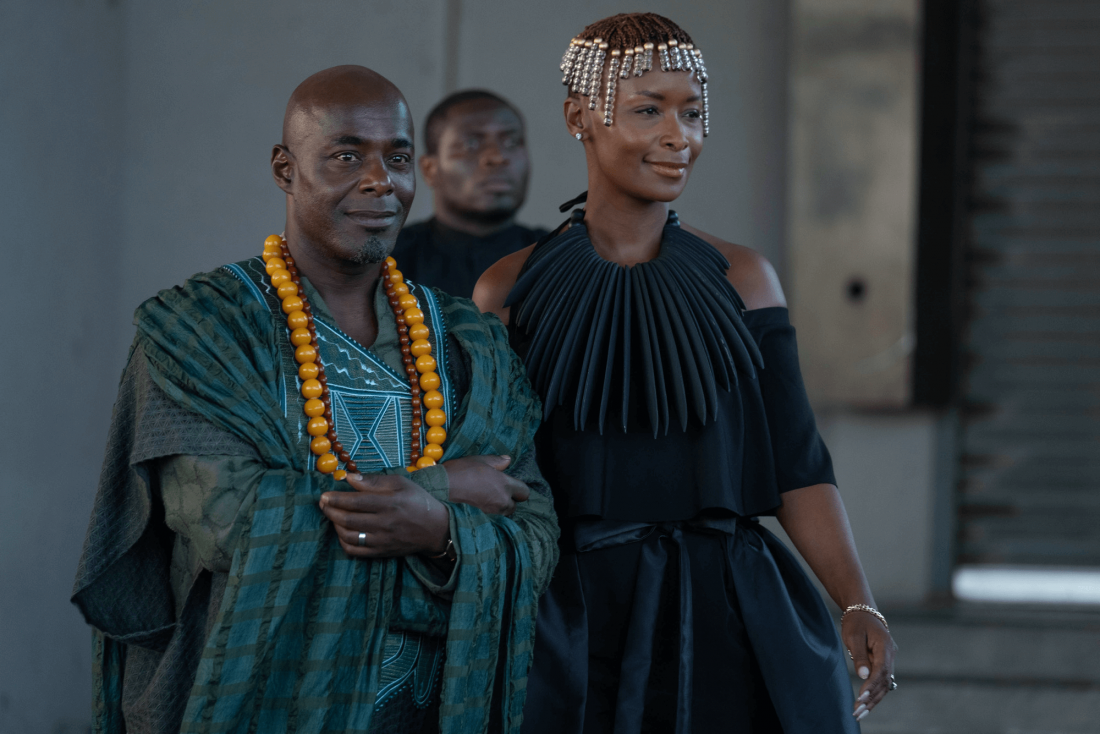
Image credit: BBC
Tell us about your character, Jasmine Hadley
I have been fortunate to play very strong women, and if they are vulnerable or weak they will always have a very strong characteristic about them, something that really draws you to them.
Jasmine is layered and complex. When we meet her something is ailing her but we don’t know what it is. She is numb through a lot of the story as a result of self-medicating and so she is showing up to do the smiling and the waving, but you don’t get to really understand what is going on until you get to know Kamal, her husband, and the world they inhabit.
I have been an actress now for 24 years and sometimes you get drawn to a character, but the story doesn’t necessarily resonate with you, but this is the first time in a long time where I have come across a story and character that resonate with me equally.
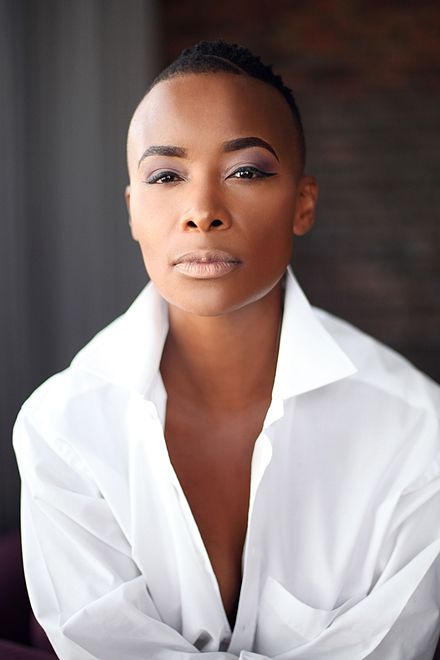
From my understanding, Malorie Blackman’s Noughts & Crosses is set reading at some UK schools, and to allow children at that age to start engaging in that kind of material I found to be quite open minded and progressive. I think we would have benefited a lot from Noughts & Crosses at high school in South Africa. I have two sons who are eight and nine years old and I am raising them in a country where they are asking me a lot of questions about race, identity and class. This is an important story, and a timeless one too. That is one of many things I love about this story, that it is universal, and everyone can take something personal away from it.
What is your character’s relationship like with her youngest daughter Sephy, and what it was like to work with Masali?
Masali is a really gentle actress, she has a still strength and working with her is incredible. She shows so much wisdom and maturity for an actress her age. Our relationship in the story started off with us barely even looking at each other in the house. You get that feeling in the Hadley home, they’re just these passing ships – it is cold and everyone is off in their room doing something, and so when they connect it is fraught with a lot of discomfort and anxiety. But Jasmine and Sephy’s relationship really grows.
In the beginning of the series Jasmine spends a lot of time self-medicating so she is really quite numb, and as a result is not present too much. However, as she starts to sober up she realises that she is going to have to show up for her own life and the people she claims to care about.
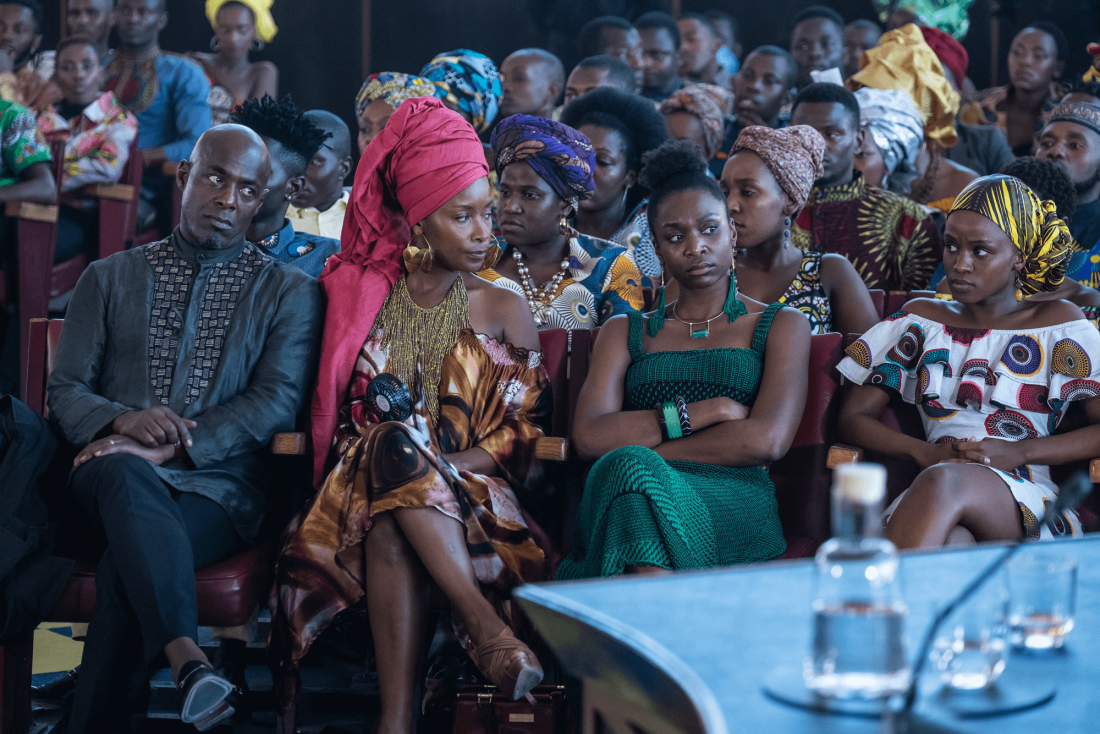
Image credit: BBC
She has always pined for a relationship with Sephy, but because Sephy and her father are so close she always felt like they were in cahoots about not being Jasmine-friendly, and she feels constantly undermined by them. So, it is a powerful moment for Jasmine when she realises that she could mean something to Sephy and that she can give Sephy something. She doesn’t feel like she has much to give because she has spent so much of it sacrificing at the alter of Kamal’s glory, but she reaches inside herself the best she can to give her daughter something.
Tell us about Jasmine’s relationship with her housekeeper, Meggie McGregor
Meggie is Jasmine’s best friend. Whenever you see these two on screen together you are going to get to know Jasmine, to see parts of her you would have never seen before, and only Meggie’s presence brings that out of her.
Meggie has been a constant in Jasmine’s life; she helped raise her kids and she knows the darkest parts of her. She has protected her from Kamal, protected some of her secrets, and has tried to scold her about her drinking. For a long time their relationship has been unbalanced as Jasmine just takes what she wants from Meggie. It is only over time that you see Jasmine allow herself to be vulnerable to Meggie and tell her what is going on, even though Meggie already knows and sees it all because she has that vantage point.
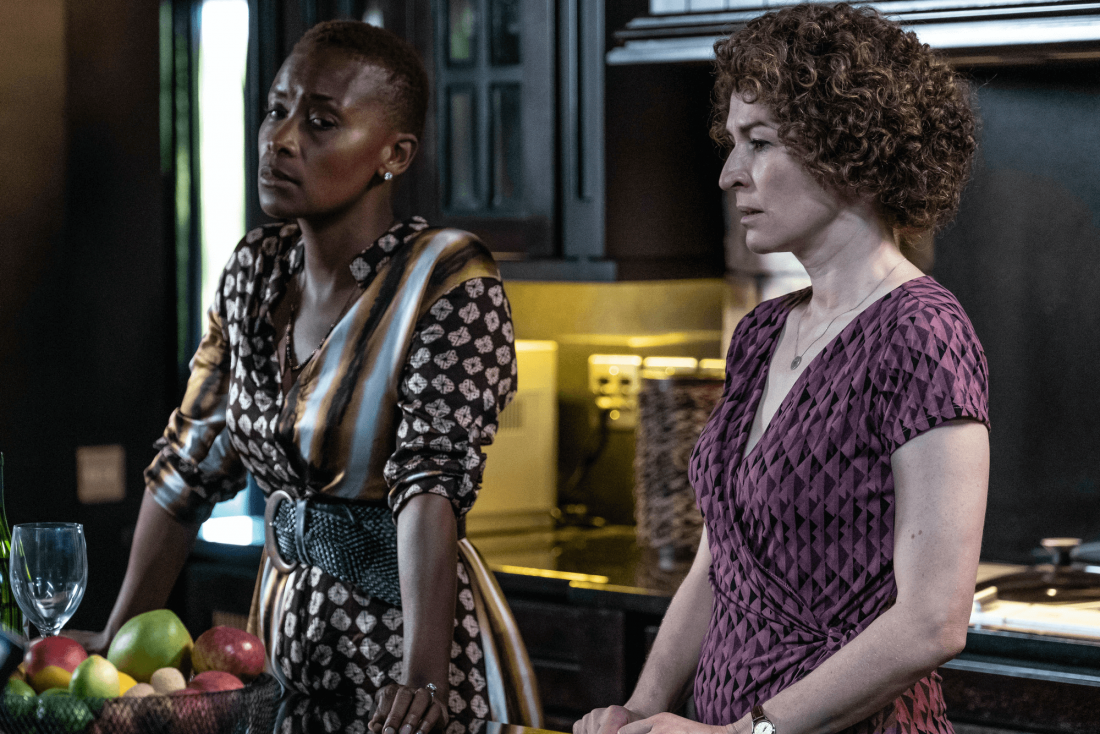
Image credit: BBC
Later on in the series, with the help of Sephy who awakens Jasmine’s consciousness, Jasmine finally decides it is time to show up and be the friend that she always says Meggie is to her. Even if it’s dangerous.
How did the role affect you?
This is the most personal story I have ever told in my whole career and that impacts you as an actor. It is such a gift and it works its way into the tapestry of your work in such surprising and beautiful ways. Everyone’s story is personal because although this is dystopian, nothing about this is contrived; it is just an alternative version and so much about it is so shocking.
Watch Noughts + Crosses on BBC One from 5 March 2020.












